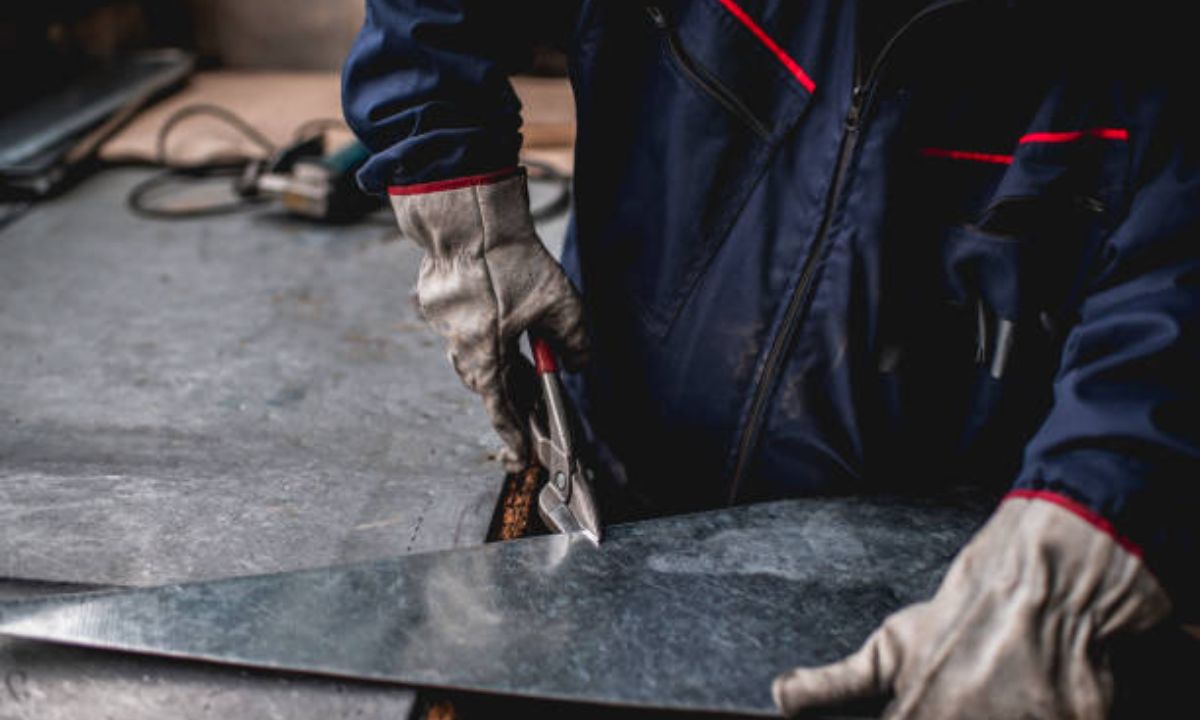Bespoke metal fabrication is a necessity in bespoke projects as it offers the highest possible accuracy. Bespoke metalwork, for instance, is vital in aerospace, automotive and healthcare industries because it is tailored towards solving a very specific engineering problem. This fundamental problem determines the bespoke metalwork to be performed as well as the bespoke processes to be optimized in order to achieve the desired bespoke output.
What Makes Fiber Fabrication Ideal for High Precision Needs
As outlined in the previous sections, bespoke metal fabrication can offer limitless capabilities when it comes to crafting components needed in specific applications or assembly processes. Specific applications or assembly processes require a level of detail and accuracy that goes beyond that of standard equipment since they need unique geometries as well as internal fitments. Custom tailored prototypes perfect for tasks such as high-precision measurement systems, guiding systems, and treatment devices are able to achieve these requirements.
The integration of modern CAD software, advanced CNC machinery, and laser cutting technology enables fabricators to create a physical part from a digital design with near-perfect accuracy. Such processes guarantee tight tolerances, precise bends, and smooth finishes. Medical equipment manufacturing and satellite technology are two examples of industries that require extreme precision. Even a 0.1mm deviation could make a component inoperable, and failure even during such probabilities underscores the need for bespoke approaches.
Of equal importance alongside bespoke precision fabrication is material selection—boots, corrosion-resistant stainless steel, lightweight aluminum, or heat-tolerant titanium offer proprietary optimization decisions for performance, longevity, and durability. This approach guarantees that every piece is not merely constructed to specification, but tailored for the operational environment.
Such project-specific customizations result in greater design engineer and sheet metal fabrication manufacturer integration compared to traditional processes. The aforementioned synergy improves the results by minimizing expensive rework and changes to the design, especially if the primary drivers are tolerances, finish, or mechanical behavior.
How Customization is Supported By Sheet Metal Fabrication Manufacturers
Achieving a successful “cut to shape” in customization goes beyond rational engineering and execution. It requires “strategic partnership” from leading vendors who also give insights at the onset of the designing phase, allowing them to make suitable refinements for manufacturability, cost, and structural performance.
Such manufacturers already have in place material knowledge that is critical when considering how different metals behave during bending, welding, and other stressors. As foundational knowledge, it makes the difference between an application lasting six months or six years.
Another primary benefit is in technology. Today’s fabrication facilities commonly utilize high-powered fiber lasers for cutting, automated press brakes for bending, and precision joining with robotic welders. All of these tools allow for repeatability and uniformity across custom batches, assuring that “the 100th part is just as perfect as the first.” Pieces of advanced quality assurance like CMM (coordinate measuring machines) also check each part against the CAD model before beginning the shipping process.
Additionally, a good portion of fabrication shops are adopting lean manufacturing and industry 4.0 technologies. With the use of IoT sensors, cloud-based tracking, real-time workflow management, and other technologies, they can promptly respond to design changes, decrease lead times, and diminish waste. With custom metal fabrication and sheet metal fabrication manufacturers equipped with such undertakings, there are reduced development cycles and enhanced predictability.
Cases Where Custom Fabrication Is A Must
There are bespoke projects in engineering and architecture which absolutely require fabrication. In the aerospace sector, weight is always a balancing act when it comes to power and accuracy. A metal piece that is custom fabricated can be calibrated to ensure that it neither overshoots nor undershoots the necessary material for complex system integration.
In terms of architecture, custom sheet metals empowers designers to achieve extraordinary forms of beauty without foregoing safety and structural integrity. Metalwork can also be utilized in artistic endeavors such as decorative facades, precision cut interior details, custom roofing systems, and more.
Another bastion of bespoke fabrication is automotive engineering. When it comes to building high-performance vehicles or restoring genre-defining models, one-off or small-scale components almost never found in standard supply chains are often needed. In these cases, the ability to quickly deliver durable, lightweight, and precise components is invaluable.
Medical device manufacturing possesses unique challenges due to the highly precise metal components it requires. Every surgical instrument and implantable hardware must be biocompatible, meticulously cleaned, and machined to precise tolerances. Custom fabrication provides the traceability, documentation, and inspections required to conform to rigid health and safety standards.
As with all these applications, customization meets the requirements of function, fit, and form which optimizes alignment across the board, eliminating errors, saving time, and improving overall product quality.
Choosing the Right Fabrication Partner
The success of any bespoke fabrication project relies on the skill and trustworthiness of the chosen manufacturer. Not every metal shop is capable of high-precision custom work or complex machining. This makes having a vetted list of experienced sheet metal fabrication manufacturers crucial.
A good partner does not only build to spec, but works with you from ideation to completion. They guide you in refining designs, selecting materials, and developing production strategies in line with your project objectives. Partners who specialize in QA have rigorous prototyping standards alongside post-fabrication finishing—anodizing, powder coating, or polishing—to guarantee that every part created meets the exacting standards you set.
Checking for certifications and compliance is useful as they portray a level of quality control like an ISO certification, ITAR Registration (For defense contracts), or AS9100 for Aerospace. These certifications tend to make people feel assured and can greatly meet clients or industry requirement check boxes.
With regards to design, flexibility, transparency, and communication matter a lot too. A fabrication partner must be agile within a design project and be open with timelines related to intricate geometries because changes can arise mid-project and be done. Lack of communication or delays on a high precision build is something that is very costly.
Conclusion
Aerospace systems, medical tools, and other bleeding-edge industries combine precision along with a high grade of customization which is where the least amount of leeway is provided when dealing with seemingly small details. Investing in bespoke metal machining fabrication guarantees that parts are carefully designed and manufactured down to every detail to fulfill not only performance, but also design and durability aspects. Partnering with proficient manufacturers of sheet metal fabrication ensures efficiency and utmost control over quality and time which enables the realization of these complex constructs.
With the market always advancing alongside the expectations set, the versatility and the confidence bespoke solutions provide alongside the demand they need makes them one step forward in making modern bespoke structures, custom, high performance metal components and tune them as needed in real-time.
ALSO READ: Protecting your inbox from cyber threats















